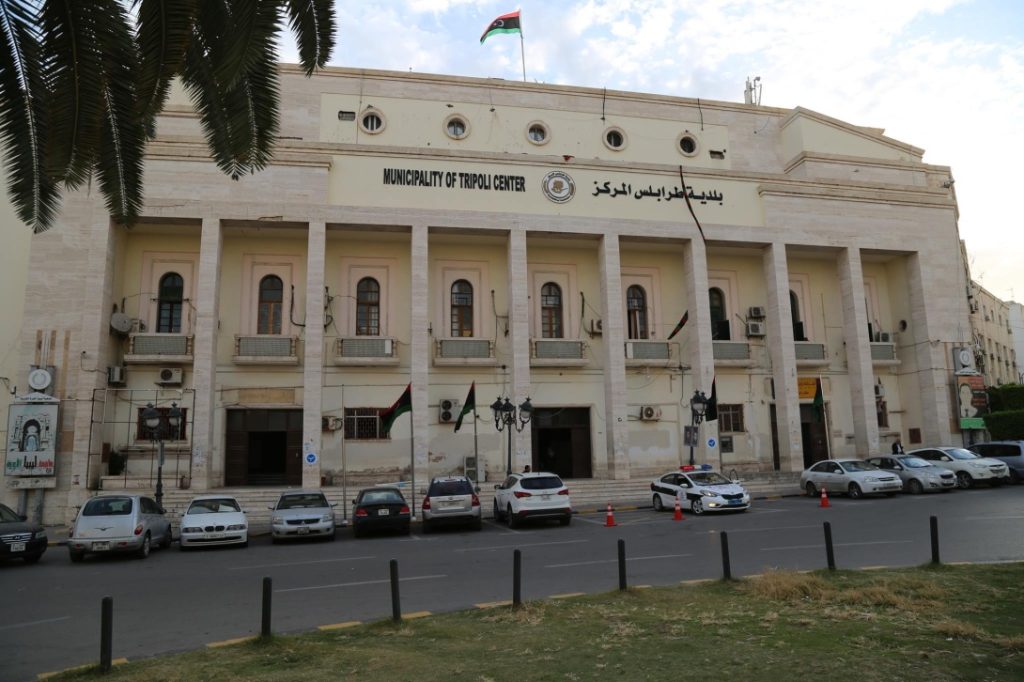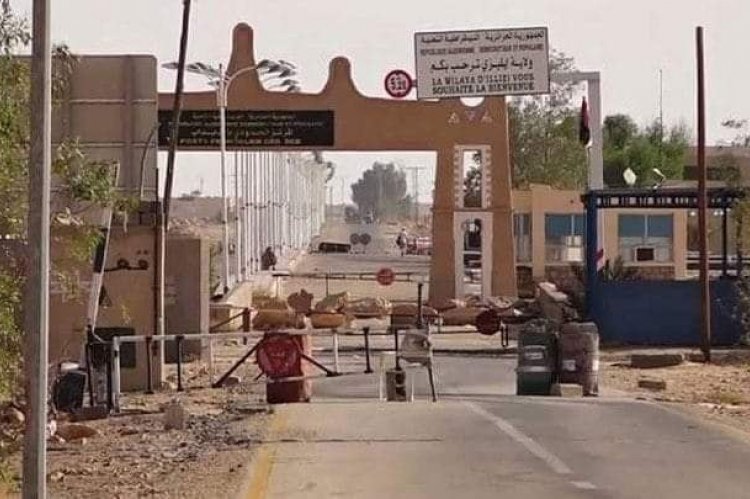Libya Energy Workforce: From Stability to Growth
Libya stands at a crossroads. After years of political turbulence and uneven recovery, the country’s institutions are searching for ways to translate short-term oil stability into sustainable, inclusive growth. Energy production continues to fund the state, but without large-scale workforce and institutional reform, Libya risks remaining dependent on a volatile commodity.
Transforming the energy sector into a catalyst for national development now depends on coherent policy, coordinated training, and credible partnerships with Europe. Libya energy workforce reform has become the foundation for diversification and long-term economic strength.
Policy Coordination to Strengthen Libya Energy Workforce
Institutional cooperation is emerging as Libya’s most critical reform frontier. While the Government of National Unity in Tripoli and the Government of National Stability in Benghazi often operate independently, both recognize that the energy sector’s modernization requires a unified workforce policy.
The National Oil Corporation (NOC) and the Ministry of Labor have begun discussing a national framework for technical training that could eventually standardize qualifications across regions.
“The NOC’s modernization plans must be paired with a domestic skills strategy,” said an energy advisor to the Central Bank in September 2025. A coordinated approach would align fiscal planning with human-capital investment, ensuring that oil revenue directly supports Libya’s economic diversification goals.
International partners are watching closely. The World Bank and UNDP have both signaled readiness to assist with vocational frameworks and regulatory guidance once a clear national policy exists. For European partners, these efforts matter not only for Libya’s development but also for the region’s long-term energy security.
Investing in People, Not Just Production
The traditional model, where foreign companies manage extraction while Libyans occupy support roles, is no longer sustainable. Libya’s next growth phase depends on building a domestic workforce capable of designing, maintaining, and managing its own energy infrastructure.
According to a 2025 Libyan Bureau of Statistics estimate, more than 60 percent of Libyans under 30 are unemployed or underemployed. This demographic challenge is also an opportunity. Expanding libya energy workforce programs within the oil, gas, and renewable sectors would reduce dependency on imported labor while fostering social stability.
The Ministry of Higher Education and the NOC have reopened partnerships with EU institutions, exploring joint certifications in mechanical engineering, logistics, and renewable-energy technology. These initiatives mark a shift from ad hoc training toward structured, state-supported programs that link skills directly to national production goals.
The EU Delegation to Libya has allocated funds under its Neighborhood Instrument for Development and Cooperation to expand vocational programs in Benghazi, Misrata, and Ajdabiya. Such projects not only strengthen employability but also signal to investors that Libya’s institutional base is gradually maturing.
Energy Diversification and Libya Energy Workforce Reform
Developing a skilled workforce also serves a strategic purpose: enabling libya energy workforce expansion beyond crude exports. Plans for liquefied natural gas (LNG) production, petrochemical development, and renewable-energy projects require technicians, engineers, and managers who understand complex international standards.
Policy coherence can turn these ambitions into action. A unified hydrocarbons law, currently under review, could merge employment, investment, and environmental provisions into one transparent framework. Such a law would give the NOC flexibility to partner with global firms while obliging them to meet local-content and training quotas.
Experts at the Carnegie Middle East Center argue that aligning Libya’s labor and investment regulations could “unlock regional value chains that integrate energy, logistics, and manufacturing” (August 2025). For Europe, this would mean a partner capable of supplying both energy and industrial goods, transforming Libya into a more resilient component of the Mediterranean economy.
Bridging Division Through Shared Economic Interests
Acknowledging Libya’s political division is unavoidable. Competing governments still issue parallel decrees, complicating national planning. Yet practical cooperation on libya energy workforce programs may offer one of the few politically neutral pathways forward.
Training centers, certification programs, and infrastructure upgrades can operate across administrative lines without threatening sovereignty. When both administrations coordinate on labor standards or technical education, they signal reliability to external partners.
Such collaboration could improve investor confidence and enhance Libya’s reputation for operational continuity, a trait already visible in its energy institutions. The EU and international financial institutions can incentivize this coordination by tying technical assistance to measurable workforce outcomes rather than political conditions.
These incremental steps matter. In the absence of full reunification, technical harmonization offers a functional bridge that benefits all Libyans.
Turning Policy Into Long-Term Prosperity
Libya’s challenge is not a shortage of resources but of systems. Establishing a joint committee between the NOC, the Central Bank, and relevant ministries could align energy planning with budgetary priorities. Clearer regulations, especially regarding foreign investment and local-content rules, would reassure companies weighing long-term commitments.
Equally important is investment in human infrastructure. Expanding engineering and energy-management programs, coupled with international scholarships and private-sector apprenticeships, would anchor a generation of skilled professionals in Libya’s domestic economy.
Supported by EU technical aid, these reforms could turn fiscal stability into sustained prosperity. If Libya’s policymakers maintain focus on institutional reform and libya energy workforce development, the country will move beyond the boom-and-bust cycles of oil dependency.
A coherent national skills strategy would not only create jobs but also strengthen state capacity, bolster Libya’s energy security, and enhance the country’s standing as a Mediterranean partner.
Libya’s energy revival is not just about barrels and pipelines; it is about people, policy, and perseverance. Turning oil into opportunity requires exactly that, institutions that plan beyond the next export shipment and citizens prepared to power their country’s future.



